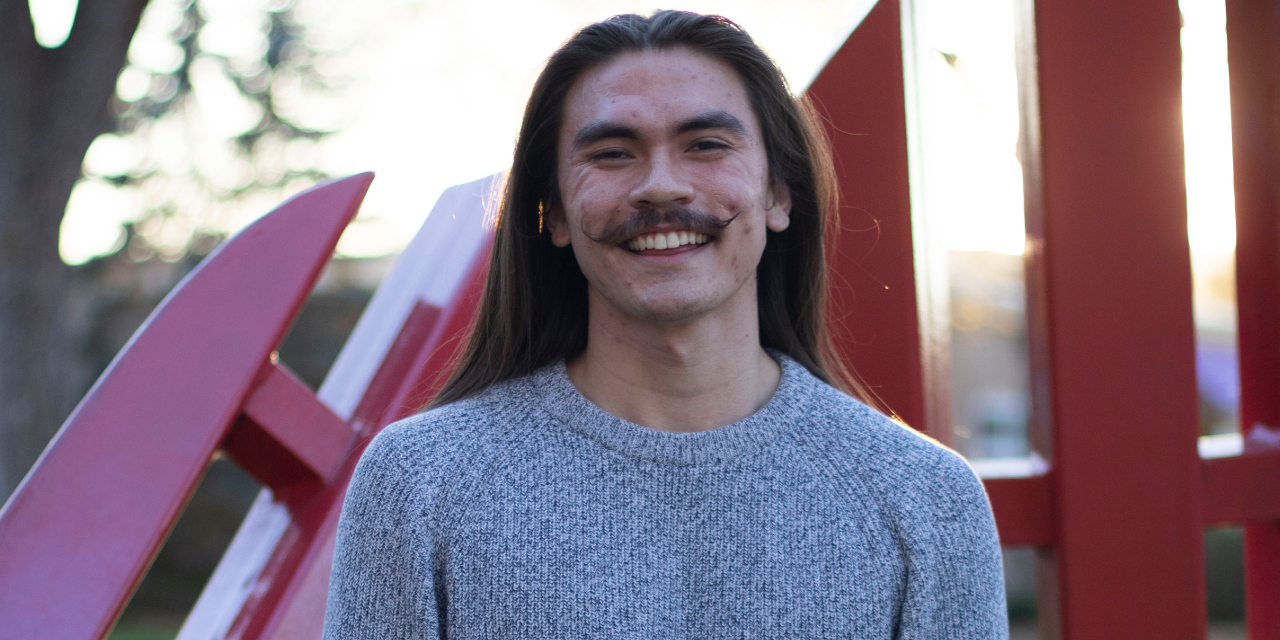Nothing is more electrifying than being surrounded by members of white supremacist groups holding assault weapons.
On the rainy Wednesday evening of June 17, 2020, I attended a Black Lives Matter protest in Elkton, Virginia.Walking from our distant parking spot toward the event, my friends and I continued to notice white men armed with assault weapons lining the streets. Youth organizers from local high schools led this event, yet locals felt threatened enough by the peaceful calls for change in the local community to organize armed counter-protests.
White supremacist groups were there to “preserve” the United States’ mission of freedom.
However, our country’s motto, “Land of the Free,” is merely a gag that doesn’t apply to diverse groups of people.
Actively working with the Sunrise Movement is another way to fight for social and environmental justice.
The Sunrise Movement is a national organization represented by smaller hubs in local communities, like Goshen. The organization’s mission to stop the changing climate and create millions of jobs has continued to evolve to fight for environmental justice and social justice.
My role in the Sunrise Movement is the electoral lead for the local Goshen Sunrise hub.
Most recently, this means I have worked with regional and state politicians that want to be endorsed by Sunrise. Throughout the election season, I have managed the endorsement process of regional and state politicians while also hosting events to support our endorsed candidates.
Engaging with regional and national policy and politics ignites a passion of mine.
I view policy as a lever our world can pull to design better systems and solutions to achieve greater social and environmental well-being globally.
A major role of national politicians is to manage the uncertainty that comes with change and progress. A politician’s job is to implement policy and display a public sentiment that effectively manages national uncertainty.
Change is daunting, but politicians have the opportunity to tell the public, “It will be okay.”
Now it is important to ask: “Why does our society need change and progress toward social and environmental justice?”
Unfortunately, systems have been designed to marginalize people of diverse identity groups and capitalize rather than cherish the natural world.
We can see examples of injustices and calls for change in books like The New Jim Crow where Michelle Alexander identifies national policy rooted from the war on drugs era that upholds systems of racial discrimination through mass incarceration of black individuals.
Fossil Capital: The Rise of Steam Power and the Roots of Global Warming by Andreas Malm explains why British manufacturers in the 1700s and 1800s transitioned from major traditional power sources like water mills to steam power.
Malm identifies that steam was not cheaper or more abundant than the energy produced by water mills, but was, rather, a way for business owners to control subordinate labor and concentrate production. Malm calls for change in our current economic order.
In this call to action, it is important that I recognize the immense amount of privilege I have in the ability and access I have to freely act against injustice.
We have seen that the results of inaction and the inability to love diverse people groups and our natural environment have led to events like the wildfires in the northwest United States, the Supreme Court decision to limit access to a woman’s right to birth control, the killing of Matthew Shepard, and the killings of George Floyd and Breonna Taylor. Justice is love out loud.
It’s past time to simply just listen.
We must act upon these calls.
Khampha Stempel is a senior from Harrisonburg, Virginia. He is a sustainability management major and global economics minor. He is the chair of the Goshen College Sustainability Committee, electoral lead of the local Sunrise Movement, and a barista. Next year, he hopes to attend graduate school to study economic justice.



